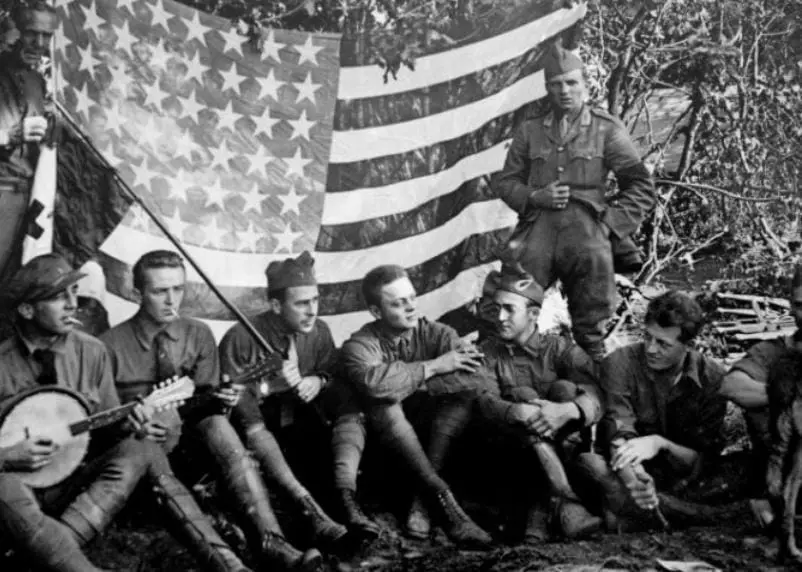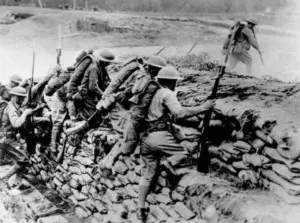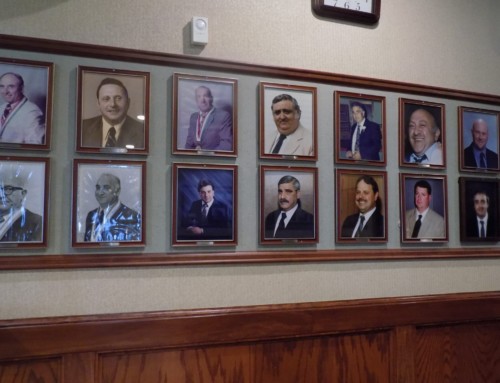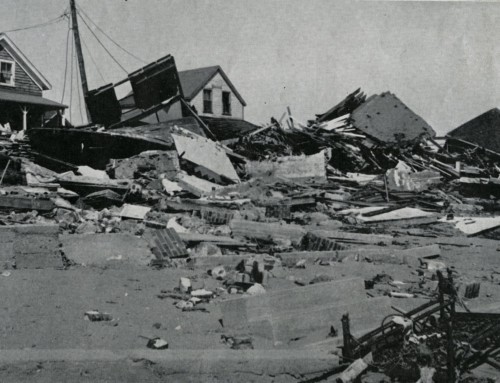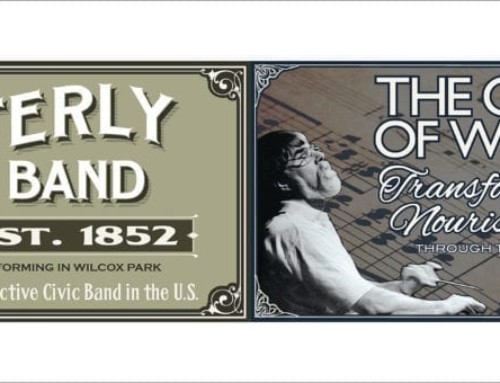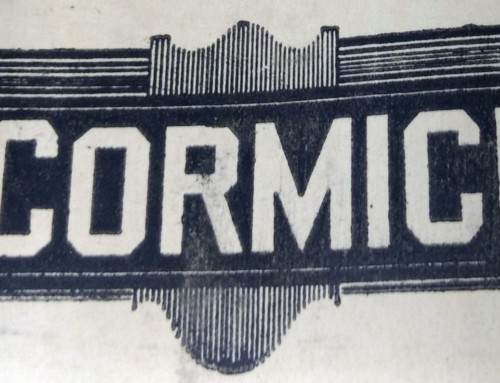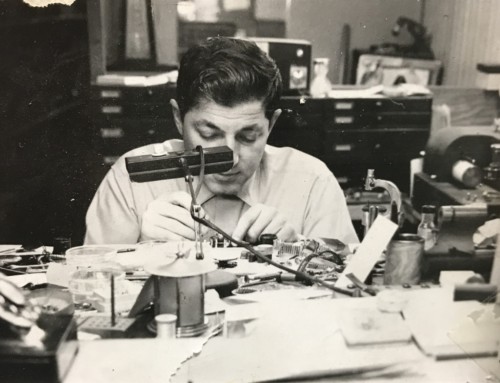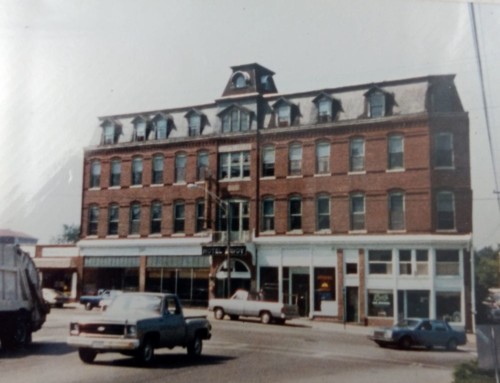On the eleventh hour of the eleventh day of the eleventh month of 1918 the First World War came to an end. On Sunday morning November 11, 2018, 100 years later, over 100 Westerly residents took part in a service to commemorate the anniversary. At 11 a.m. a moment of silence was observed at the exact time the armistice was signed as the bells of Christ Church tolled.

This year Veterans Day coincided with the end of World War I, also called the First World War or the Great War. It was a global war originating in Europe that lasted from July 28, 1914 to November 11, 1918. Contemporaneously described as the “war to end all wars“, it led to the mobilization of more than 70 million military personnel, including 60 million Europeans, making it one of the largest wars in history. An estimated 9 million combatants and 7 million civilians died as a direct result of the war and it contributed to later genocides and the 1918 influenza pandemic, which caused between 50 and 100 million deaths worldwide. From Westerly and Pawcatuck the number of soldiers killed in action was 23. A story about one of the local heroes, Westerly native Josiah Ferguson Broadfoot can be found here.
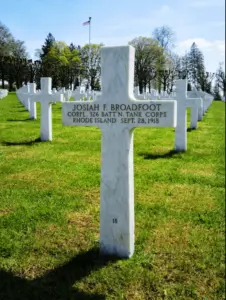
The war was fought between Germany and her allies, Austria-Hungary and the Ottoman Empire against Great Britain, the United States, France, Russia and Japan. The sad part is that many in the conflict wanted the war for territorial gain. The assassination of the Archduke Ferdinand of Austria-Hungary in Bosnia precipitated the outbreak of World War I. The United States entered the war late, after the sinking of 7 US merchant ships by German submarines. After the revelation that the Germans were trying to incite Mexico to make war on the United States, on April 6, 1917 the US declared war on Germany
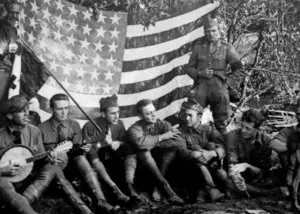
The National World War I Museum and Memorial in Kansas City, Missouri is a memorial dedicated to the 3 million Americans who served in World War I. In Westerly the World War 1 memorial was dedicated on November 11, 1937.
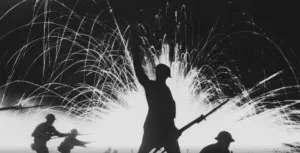
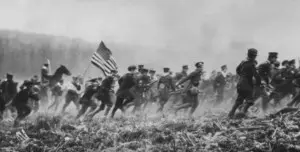
Between the crosses, row on row,
That mark our place; and in the sky
The larks, still bravely singing, fly
Scarce heard amid the guns below.
We are the Dead. Short days ago
We lived, felt dawn, saw sunset glow,
Loved and were loved, and now we lie
In Flanders fields.
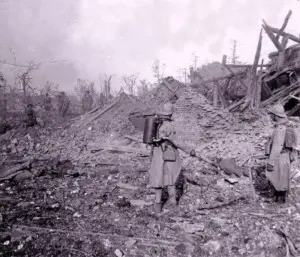
To you from failing hands we throw
The torch; be yours to hold it high.
If ye break faith with us who die
We shall not sleep, though poppies grow
In Flanders fields.
